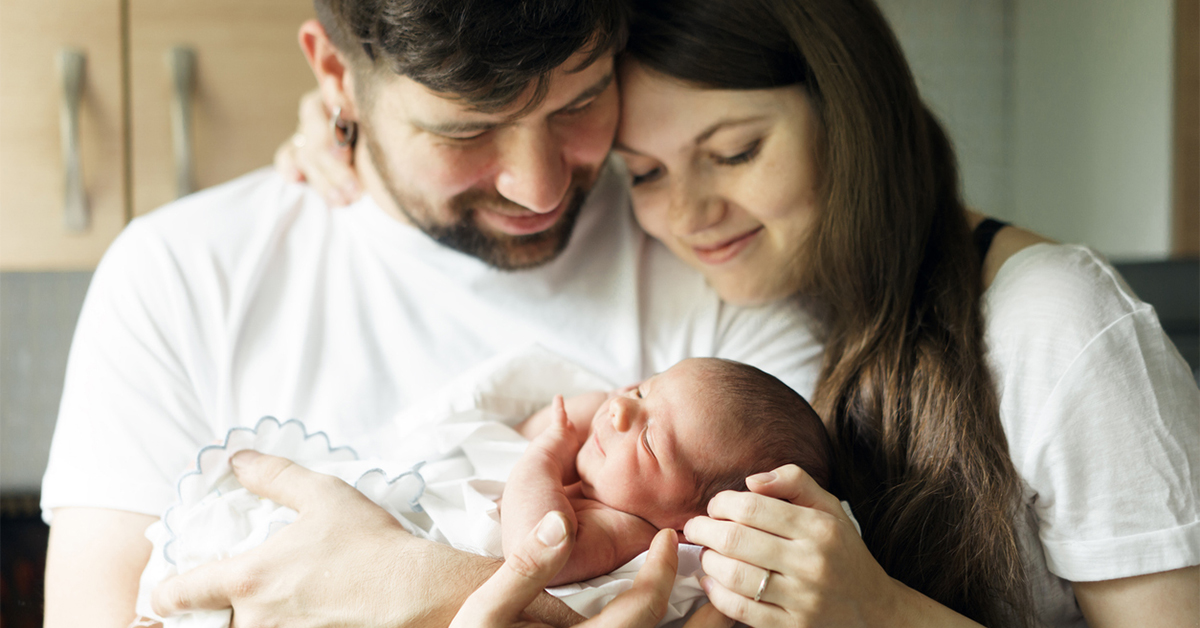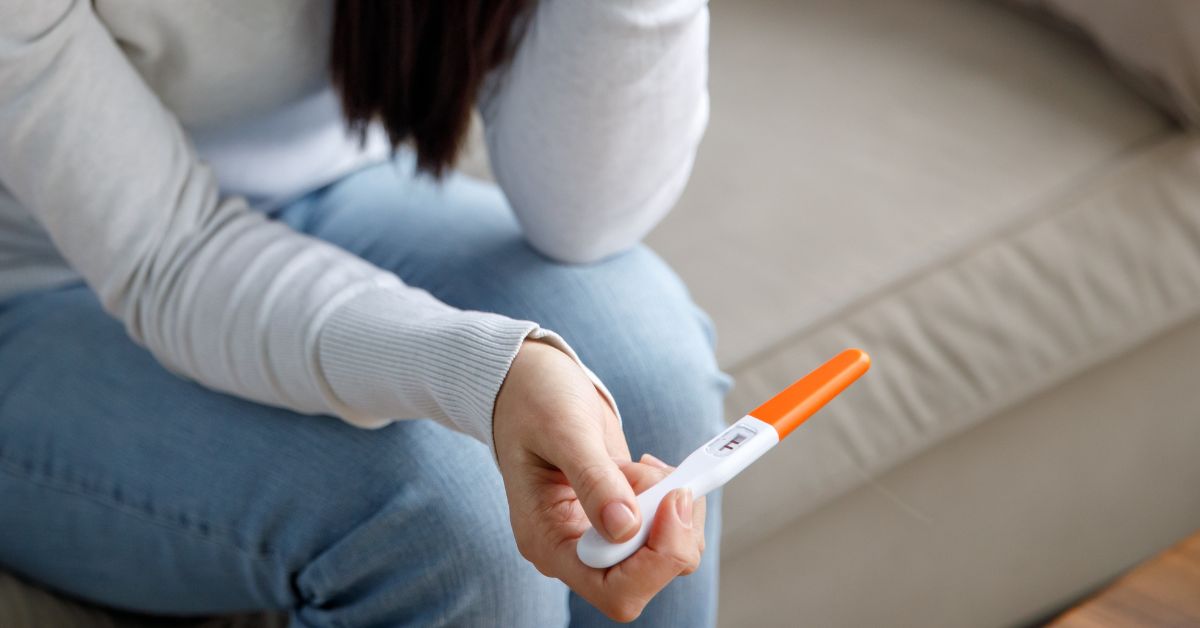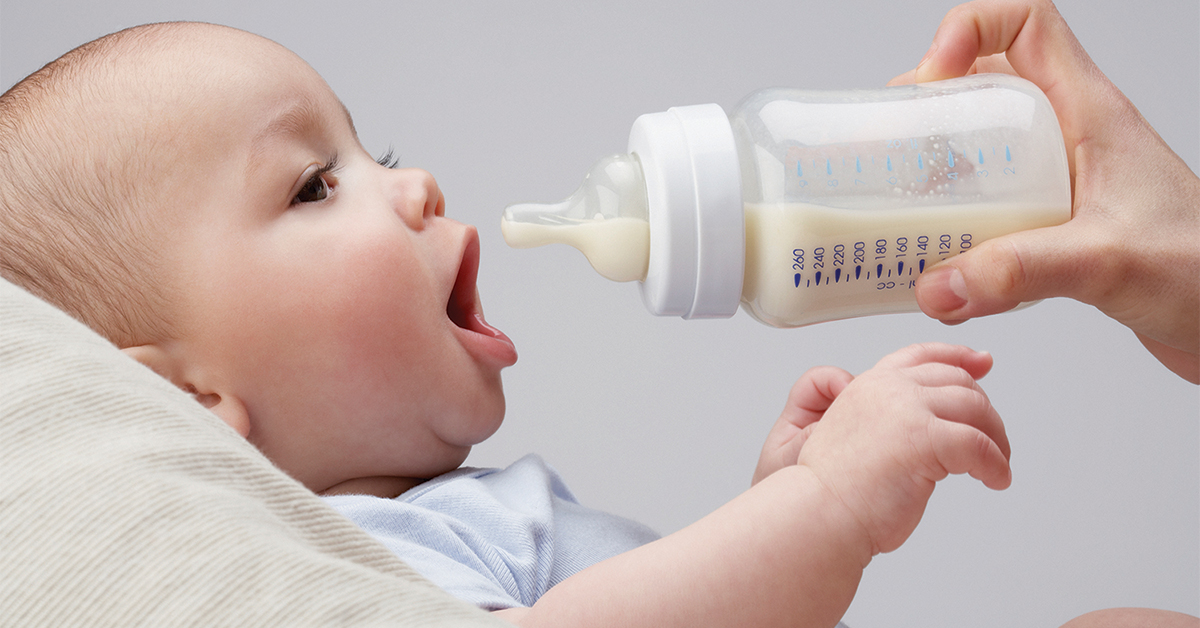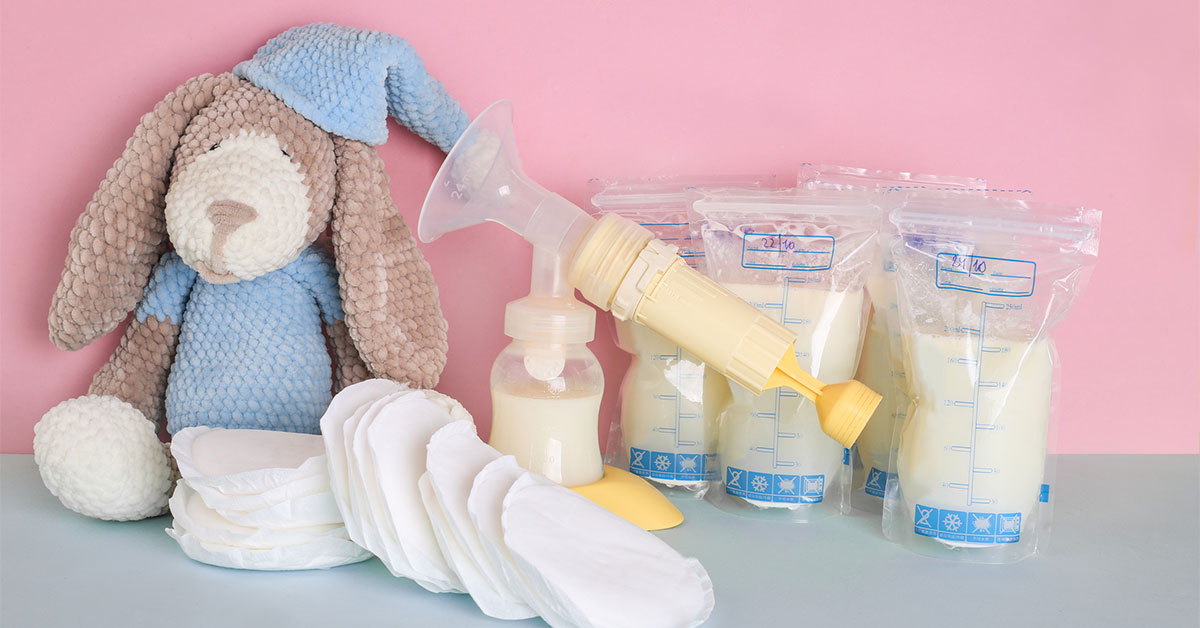What is self-care, anyway?
At its most basic, self-care is anything we do to take care of ourselves. If this sounds like a broad category, it is—it can include everything from managing symptoms of a health condition, to checking in with your body, to setting up effective habits.
Especially in times of stress, thinking about self-care can feel impossible or burdensome. Life is already hectic enough—now you have to add something else? But, ironically, it’s in these stressful times that self-care can be especially helpful. Research has shown that taking proactive, straightforward steps in managing your lifestyle can reap dividends in terms of function, stability, and happiness down the road.
A few simple guidelines can help make self-care less intimidating. First, your goals should be realistic. From what many of us see online, we may be envisioning an ab- busting workout regimen, a 12-step beauty routine, or a week-long yoga retreat. But while that may sound nice, it’s more likely to set an impossible standard that will leave you discouraged after a few weeks.
There are plenty of barriers to self-care. One of the biggest is time—we’re busy people, and becoming parents only makes us busier. Limited resources can play a role, too. If your family lives far away or you’re working with a small budget, it’s much more difficult to find someone to watch your child so you can get a moment away.
Finally, many people—especially women—find it difficult to set boundaries and accept help. Gender roles play a big part in this: even in 2024, mothers are most often the primary caregiver, and that comes with built-in expectations. It can be hard to voice your need for time to take care of yourself, or accept help when it’s offered. Some people feel the need to self-sacrifice in order to be the best parent they can be. But taking care of yourself is not a luxury—as the saying goes, if you don’t schedule time off, your body will schedule it for you.
Self-care is really about the basics: sleep, mood, nutrition, and daily needs. To realistically take care of these building blocks, it’s best not to try to change a million things at once. Instead, focus on one thing at a time and set a goal that feels achievable—going for a walk around the block once a day, for example, or going to sleep twenty minutes earlier. Ideally, these goals and behaviors should be enjoyable or relaxing. Remember, you’re taking care of yourself, not punishing yourself. So trust your body—and celebrate your victories!
Life—and motherhood—never stops. Self-care can feel like a low priority. But taking care of your physical and mental health sets up a strong foundation for everything else going on in your life.
Baby steps to living life well
The time before becoming pregnant—whether you’re actively trying to conceive or beginning to plan for it—provides the opportunity to set up healthy habits and kick your pregnancy off on a high note. Setting up these habits early-on can help you stick with them in the long term, especially when you’re going through more significant changes with your life and body.
What you put in your body before and during pregnancy has a long-term impact on the health of your baby. Work on eating a balanced diet by getting the nutrients you need and drinking lots of water. Your doctor may also advise you to start taking a folic acid supplement and prenatal vitamins to help your baby grow healthy. Substances including alcohol, tobacco, and recreational drugs can cause serious health conditions for your baby, so work on quitting before you become pregnant. (Concerns about quitting? Reach out to your doctor at 320.225.3525 for resources and assistance.)
Try to start a habit of moderate exercise, focusing on what’s realistic and feels good for you. And try to get the sleep you need. For many of us, sleeping enough is one of the first things to fall by the wayside when life gets busy. But sleep has far-reaching effects on mood, resilience, and physical health.

Woman practicing self-care by stretching in her living room.
Before pregnancy is also a great time to think about how you manage stress. Managing stress looks different for everyone – this can include stretching, meditating, journaling, conducting a spiritual practice, reading, talking to friends, or something else. This is also a great time to talk to your partner, if you have one, about both of your roles as parents, as well as your mental and physical health and how it will be managed.
From the beginning, you’re not on your journey of becoming a parent alone. While regular check-ups with your doctor will be an important part of pregnancy, checking in with your doctor beforehand can be equally crucial. To take the best possible care of yourself and your baby, talk to your provider about:
- Any medications you’re taking
- Your existing health conditions
- Your mental health
- Any family history of mental or physical health conditions
- Your lifestyle
- Whether you live or work around any harmful chemicals or toxic substances
- Getting up to date on your vaccines
Setting up for success during pregnancy
During pregnancy, it’s important to set up healthy, realistic habits that you want to continue after your child is born. Continue to meet regularly with your doctor and follow their instructions, including taking any vitamins and making sure your vaccines are up-to-date.
It’s important to listen to your body and get the rest and nutrition you need. For many pregnant people, eating can be difficult due to nausea and food sensitivities. Sometimes adjusting the size and frequency of meals can help, and your doctor can provide helpful advice as to how to keep eating balanced meals. Some foods, including soft cheeses and raw seafood, should also be avoided during pregnancy.
Postpartum depression is a relatively well-known condition, but what many people might not know is that pregnancy-related mental health issues often begin before the baby is born. Take care of yourself by doing things you enjoy, whether that’s seeing your friends, taking long baths, watching TV, or taking walks. Notice what boosts your mood and helps you feel better and lean on these habits when you need them.
And don’t be afraid to activate your support system, both now and in anticipation of becoming a parent. Talk to your partner, family, and friends about what you think you might need after the baby comes. This can mean everything from someone to chat with you on the phone while you walk the dog, to helping you pick up baby clothes from the store, to dropping off pre-made meals. And don’t worry too much about figuring out every little thing—set up the essentials first, and the rest will come.
Self-care for new parents
After three trimesters, your child has joined you in the world. This can be a wonderful, exciting time—and it’s also often a difficult one. Parents are learning to balance their old lives with their new role of caring for their child, and even for the best-prepared, there’s a steep learning curve.
As always, self-care is all about building from the basics. Eat well and regularly, stay hydrated, get enough sleep, and move your body. This is particularly important as you recover from labor and birth.
You may want to jump back into your regular life right away—but make sure the expectations you’re setting for yourself are realistic. It may feel tempting to plan to go back to work in two weeks, but is that really what you and your body need? Instead, try to take time for yourself, and especially time doing things that are enjoyable for you. This can not only help you relax and recuperate, but also return to your child refreshed and better able to care for their needs.
Some parents struggle with the urge to completely sacrifice themselves to taking care of the baby, neglecting their physical and mental health. It can also be easy to neglect your own self-care by accident. With a baby as the priority, you may not realize that you haven’t eaten lunch or had time to take a shower. But at the end of the day, running yourself down doesn’t help you or your family. Even more so than during your pregnancy, now is the time to ask for help from your partner, your friends, and your family. Set boundaries about the time you need away, and delegate the tasks to others as able.
Finally, don’t put pressure on yourself to be perfect. It would be amazing if we were flawless—but we’re human, and we’re doing our best with what we have.
Every parent is different—and what you need to take care of yourself before, during, and after pregnancy will be too. At the end of the day, self-care is about exactly that: taking care of you. Welia Health is here to make sure you’re not trying to do so alone.
Questions about parenthood? Reach out to the Birth Center team at Welia Health at 320.225.3525, and let’s start the conversation.













